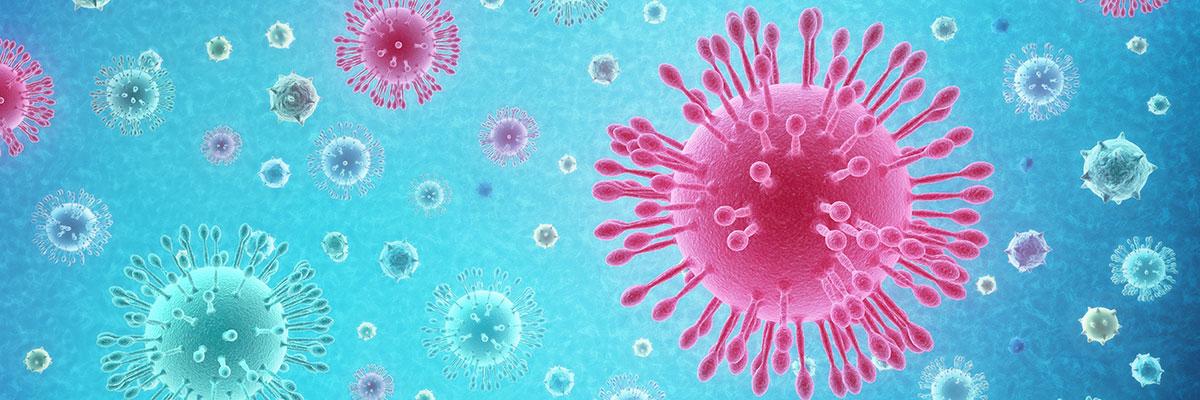

Front-line ‘Special Forces’ Share Candid Stories in University of Utah Health Podcast Series

“The term ‘front-line’ should not be taken lightly. For the medical staff risking infection daily, this pandemic is very much a war zone.”
Seven health care professionals are sharing their sometimes harrowing, sometimes joyful experiences during the COVID-19 pandemic in “Unit on the Brink: Voices from the COVID Front Line” podcast series from University of Utah Health in Salt Lake City. The conversations give listeners an intimate look at “the real toll the virus takes not only on patients but on the medical workers themselves.”
In “Duty of Care,” part one of the series, Alisha Barker, charge nurse at University of Utah Hospital medical intensive care unit (MICU), and Megan Diehl, an MICU nurse, describe the long hours and unwavering commitment of front-line staff caring for COVID-19 patients. One poignant story: A fellow MICU nurse, whose shift ended at 7:30 a.m., stayed until 10:30 a.m. to hold the hand of a patient, so he wouldn’t die alone.
Alisha first worked in the MICU for about nine years, before moving to another clinical unit in 2016, due to her own individual and family needs. But she missed the intensity of the MICU and returned in 2018, after learning “how to better take care of myself and how to handle the stress.” Despite the additional pressures of the pandemic, she’s “glad to be back [in the MICU] because of my experience” caring for patients and supervising other nurses.
In “Echoes of the Past,” part two of the series, several MICU clinicians recall preparation for COVID-19 care. Some of the protocol was similar to caring for patients with the swine flu (H1N1 virus). But as more COVID-19 patients occupied MICU beds, comparisons to the flu changed and so did protocol. Seeing one young patient with no past medical history become very sick and deteriorate quickly affected MICU nurse Cat Coe. “It was a game changer for a lot of us in the ICU and the way we thought about coronavirus,” Coe said.
Caring for COVID-19 patients — including wearing all of the PPE gear appropriately, following protocol and knowing the challenges ahead — makes front-line health care workers a kind of “special forces” for COVID-19, observed Alisha Barker. Despite the scale of the pandemic and the contagiousness of the virus, “We take care of these types of patients all of the time.”


